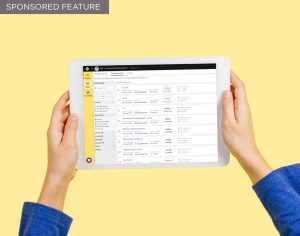Small businesses across the UK may be forced to convert to a cash accounting system in October. But banks have said they will not lend to businesses who report their business trading this way, which could create a second tier of businesses unable to access finance.
Brought in to meet the requirements of the government’s new Universal Credit system, the cash accounting system will require a monthly online submission for self-employed individuals with a turnover below £154,000. In addition, HMRC will accept cash accounting in self-assessment tax returns for 2013/14 although with a lower initial maximum turnover limit of £77,000.
Everyone who is self-employed and in receipt of any benefit to be merged into Universal Credit* will be compelled to make monthly cash accounting submissions. But if they want to secure any form of bank lending, a business loan or residential mortgage, they are likely to be required to use the profit and loss format. More paperwork.
One of the main challenges of cash accounting is that it doesn’t give a true reflection of the business’s performance. It simply gives a snapshot of the bank balance on the day of reporting. Accruals, stock levels, debtors and creditors and more give a fuller indication of the health of a business. But cash accounting will ignore them and simply focus on the cash inflows and outflows since the last report.
To the example of annual business insurance. If paid in full in March, this will show up in cash accounting as a large expense significantly reducing profit that month instead of being prepaid and charged to profits every month. Equally, if a job ends on the last day of the month and the customer’s cheque is not paid in until the following day, the cash accounting system will show loss one month and surplus the next.
Business owners not requiring bank finance will benefit from a simple method and one page online submission for universal credit, but for the added administration of making a submission every month. For HMRC self-assessment requirements any business with a turnover of less than £77,000 per annum can opt for cash accounting. If they do succeed in increasing turnover, they won’t be forced to change back until they reach a threshold of £150,000. ![]()
*Universal Credit will come in to force in October 2013. Universal Credit will replace:
Income-based Jobseeker’s Allowance
Child Tax Credit
Income-related Employment and Support Allowance
Working Tax Credit
Income Support
Housing Benefit
Share via:








































